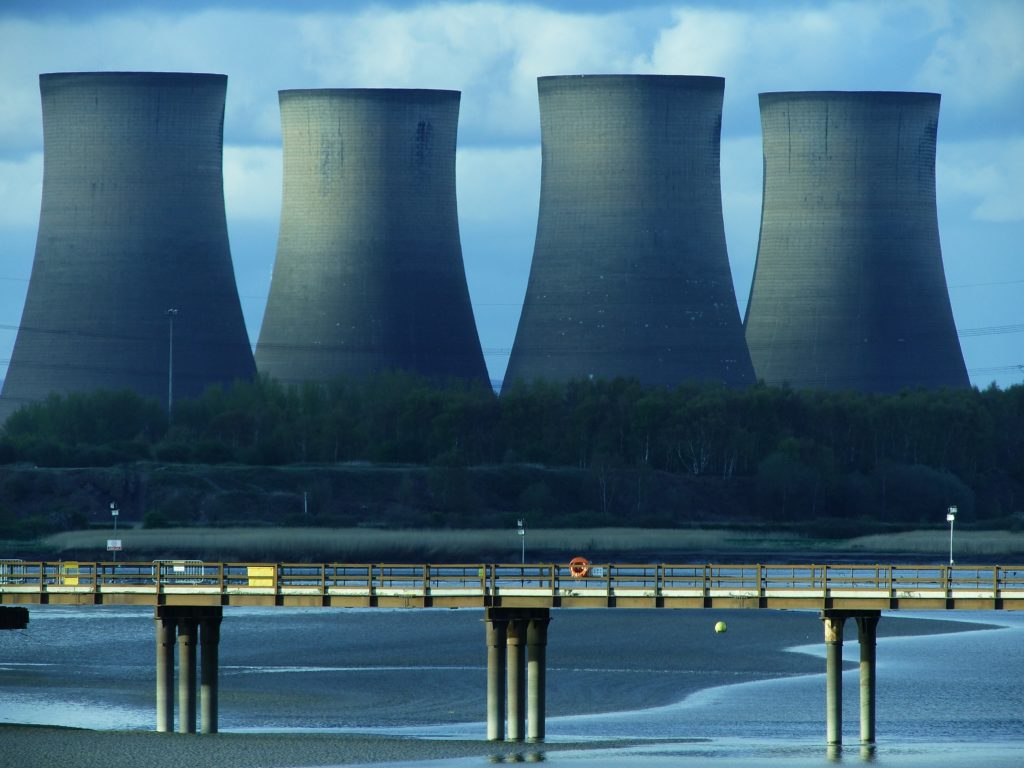
Global warming, soil and air pollution will lead to even faster climate change, not for the better, and this, in turn, will have a negative impact on the human condition.
According to the Center for Climate and Energy Solutions, global warming is expected to increase the intensity and frequency of extreme weather events such as heat waves, floods and hurricanes. Researchers predict that between 2030 and 2050, climate change will cause approximately 250,000 deaths a year due to food shortages, new diseases and heat stress.
What is the danger to mental health?
According to the report, 25 to 50 percent of people affected by extreme weather events are at risk of adverse mental health effects. The same report adds that up to 54 percent of adults and 45 percent of children experience depression after a natural disaster. In addition, 1 in 6 developed post-traumatic stress disorder (PTSD), and suicidal ideation and suicidal ideation doubled.
After natural disasters that have become more frequent recently due to carelessness, psychologists have noticed an increase in what they call distress reactions, which include things like insomnia, irritability, increased use of psychoactive substances and depression.
Although these reactions may disappear over time, this is not always the case, especially if the people directly affected do not seek help or cope with their trauma. This can have more serious consequences for mental health, including post-traumatic stress disorder, depression and anxiety.
Gradual suppression
As climate change causes slow changes on our planet, we may gradually see an impact on mental health. One 2020 study linked fever to an increased risk of death from both unintentional and intentional injuries, including suicide. Other studies in 2017 show a link between extreme heat and increased irritability, aggression and even violence.
According to a large study conducted in the United States and Denmark, there is a correlation between anxiety, schizophrenia, personality disorders and the effects of poor air quality. However, research is still ongoing to determine how air pollution affects mental health.
Simply monitoring news about climate change and natural disasters can affect your mental health. Climate change is creating a generation of climate problems and hopelessness. This climate stress is a complex conglomeration of aspects of emotional stress, including depression, anxiety and feelings of hopelessness.
How to protect your mental health?
You may not be able to change the course of climate change, but you can take steps to protect your mental health.
Do not shy away from your feelings
It is normal to worry or fear how climate change may affect your life, the lives of your children or the planet as a whole. Do not hide these feelings. Voice them, and better find like-minded people who will share your anxious thoughts.
Make a security plan
An effective way to protect yourself mentally is to be prepared. You can find shelter in case of climate catastrophe, find information on how to behave in a weather disaster. Also enroll in first aid courses – this knowledge is always relevant.
Join a community of like-minded people
If you are worried about your future and your family in the context of an environmental disaster, it is better to find a like-minded community in which you can learn even more about this topic and be more prepared.
Learn your triggers
Learn to identify what is bothering you. Maybe it’s photos of houses destroyed by a hurricane, or stories of wildlife affected by forest fires. When you realize that you are scared, you can get rid of anxiety. After learning this, you will be able to limit yourself to “absorbing” news or discussions with friends on these topics.
Take care of yourself and the planet!




